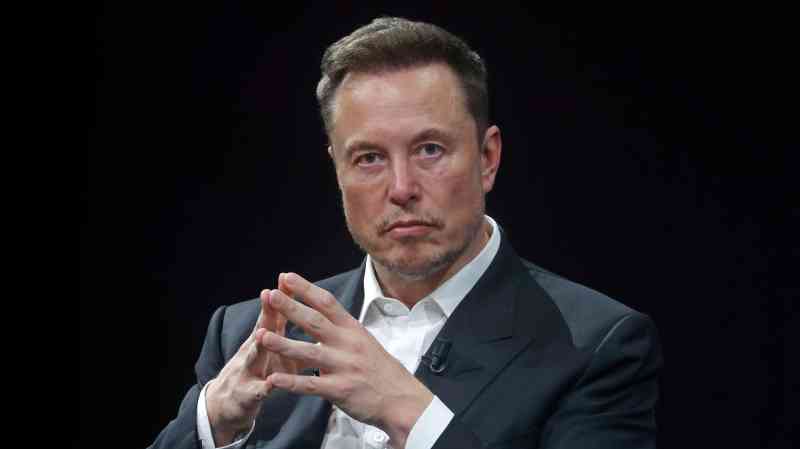Twitter UK spent £16.7m on redundancies after Elon Musk takeover
Twitter UK spent £16.7 million on redundancy costs after its takeover by Elon Musk as he slashed jobs at the company.
Its accounts for 2022 filed with Companies House reveal the extent of payments to staff when the billionaire bought Twitter, now known as X, for $44 billion in October 2022.
Musk, 52, quickly began cutting costs, getting rid of almost half its 7,500-strong global workforce, with more job cuts announced since. However, the British accounts gloss over much of what happened to the business in the turbulent period after the acquisition.
Almost half of Twitter’s 400 UK-based employees were abruptly shut out of their work systems in November 2022.
The accounts state: “We fostered a fair and trusting workplace with honest and open communication and respect for each other.” However, this is at odds with the outcry at the time among workers about Musk’s actions.
In Britain the Prospect union, which represented staff, denounced the redundancy process as chaotic, lacking both planning and co-ordination. It said the “collective consultation process” that Twitter had been obliged to follow under UK law before finalising the redundancies had been paid “lip-service”. It painted a picture of confused communications and mistakes.
A handful of employees were told that they were at risk of losing their jobs and then were asked to come back, only to be told that they were at risk again. Those who remained received no further communication and could only guess which of their colleagues were under threat by determining who was not online.
The accounts state: “Our behaviour in the year aligned with the expectations of our people, clients and communities and society as a whole.”
The company spent a further €1.8 million on redundancy costs in January 2023.
Partly as a result of the upheaval at the company after the acquisition, many advertisers stepped away amid concerns that the social media platform was not effectively monitored for hate speech or inappropriate content.
Describing its business relationship with advertisers, the accounts state that the company “continued to work to innovate faster and deliver better returns for advertisers by shipping new ad platform services … We continue to focus our investment on features and ad formats that differentiate X and capitalise on our value proposition for advertisers.”
Although suppliers to Twitter, such as cleaning staff and the Crown Estate, its central London landlord, went unpaid during the transition to Musk, Twitter’s accounts say: “The board sought to balance the benefits of maintaining strong partnering relationships with key suppliers alongside the need to obtain value.” It gave up its £38.9 million lease in 2023.
The balance sheet shows that it owed £60 million to creditors, falling due within one year, and had net assets of £38.4 million.
X Corp, formerly known as Twitter, wrote a letter to Twitter UK confirming that it would give financial support for it to pay its dues, the accounts show.
In the UK the business’s main function is marketing and selling advertising on X, as well as design and support services. Profit before tax for the year was £8.5 million, up from £6 million, and revenue was up 4.4 per cent to £205.3 million, from £196.7 million.
X Corp’s revenue “has declined from historical levels”, the accounts state, “and there can be no guarantees revenue will return to historical levels”.
Mike Clancy, general secretary of tech workers’ union Prospect, said: “Twitter’s claim to have ‘fostered a fair and trusting workplace’ is laughable.
“Redundancies were made with barely a nod to UK employment law and employees who remain working at X fear the consequences of raising issues with management. There is no real transparency from X in the way they manage processes, such as redundancies, that affect staff.”




Post Comment